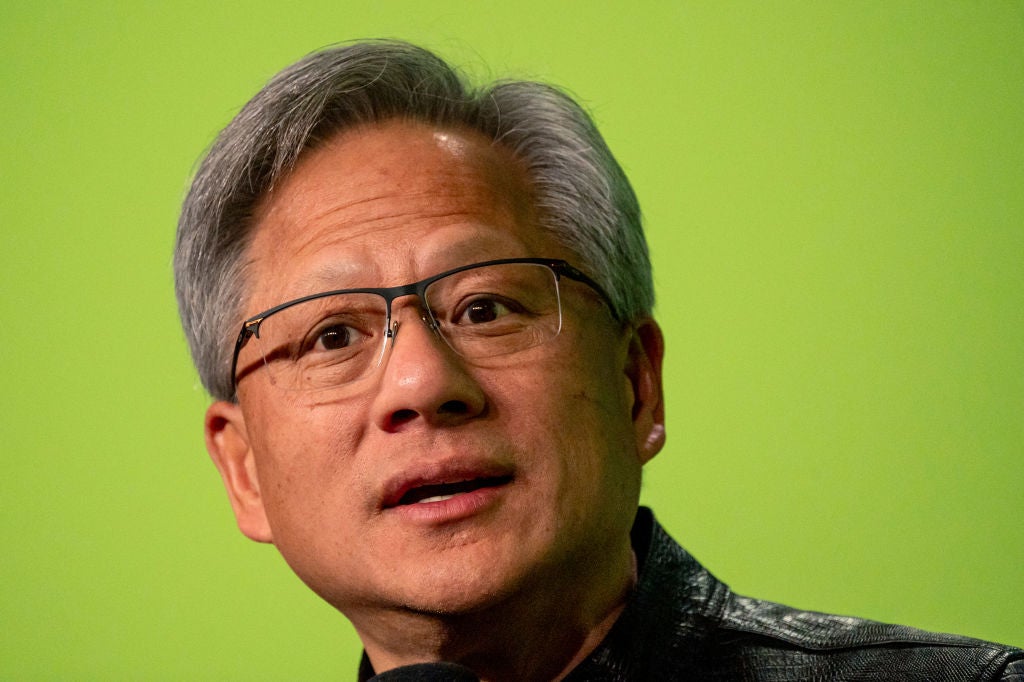
The advertisers of the Qatar World Cup desperately want people to not mention the host nation’s human rights abuses. Instead, they would rather people talked about the game and forget about pesky little things like Qatar’s horrifying treatment of immigrant workers, the way women’s lives are policed by their male relatives, and the abuse of the LGBTQ community. However, experts now believe that sponsoring the tournament could cause them, and FIFA, reputational damage in the long run.
The risk of sponsoring the World Cup coming back to bite advertisers has grown in tandem with the international community devoting a growing amount of airtime and broadsheets to highlight Qatar’s human rights abuses. Often, these protests are accompanied by accusations of sportswashing, which is when brands and nations attempt to make people forget about their tarnished reputations by sponsoring or hosting sport events.
The idea is that the host nation tries to gloss over its abhorrent track record by putting on a big show for football fans – a magician-worthy misdirection. The question is if the international condemnation of Qatar could colour how the brands sponsoring the event are viewed afterwards.
“In terms of reputational damage, that may come,” Conrad Wiacek, head of sports analysis and consulting at GlobalData, said in a new podcast from the research firm. “We’ve seen a lot of people talk about how they are not going to watch the World Cup.”
Sportwashing is nothing new
Sportwashing is nothing new. The Roman Empire was, for instance, well-versed in “panem et circenses,” or “bread and games” for those of us who don’t speak Latin. The ghastly gladiator games of the Colosseum were often accompanied by giving audiences free wheat or bread in an attempt to enable the rulers to gain political power from the populace.
Millennia later, Adolf Hitler tried to do the same thing by hosting the 1936 Summer Olympics in Berlin. The Third Reich spared no expense to make the games a spectacle, hoping that the international community would let things – like its newly established anti-Jew laws – slide. The Nazi regime even threw a few Jewish athletes into the mix to make the racist regime seem more palatable. The Summer Games in Berlin, were not only 10 times more expensive than any previous games, they cost Germany more than every other previous host combined.
How well do you really know your competitors?
Access the most comprehensive Company Profiles on the market, powered by GlobalData. Save hours of research. Gain competitive edge.

Thank you!
Your download email will arrive shortly
Not ready to buy yet? Download a free sample
We are confident about the unique quality of our Company Profiles. However, we want you to make the most beneficial decision for your business, so we offer a free sample that you can download by submitting the below form
By GlobalDataEven back then, people protested the games, urging nations to boycott the Olympics to prevent the reach of the Nazis’ soft power to grow. Those protests were unsuccessful. Athletes and nations said that by going to the games, they could shine a light on the wrongdoings of the Hitler regime. Some did, but most reporters were more interested in reporting on who won what.
A similar pattern has emerged in the decades since. Whether you’re talking about the Beijing Olympics, the Winter Games in Sochi, the 2018 World Cup in Russia or when Azerbaijan hosted the UEFA cup finals in 2019 – people have voiced their disapproval of the games, but the events still went on as scheduled. The show always goes on.
Qatar World Cup faces protests
The World Cup in Qatar is no different from other contested sporting events. Like the 1936 Berlin Olympics, Qatar has spared no expense. A cost estimate from the Qatari government puts the final bill at roughly $200bn for the event, thanks to the need to build so much new infrastructure. In comparison, the World Cup in Russia, which was the most expensive ever at the time, only cost $14bn.
Like the choice to host the 2018 World Cup in a country run by Vladimir Putin, the Qatar competition has attracted a wealth of protests.
“There are a lot of people who are uncomfortable with the World Cup taking place in [Qatar],” Wiacek said .
Qatar has attracted widespread criticism for the reported labour conditions experienced by migrant workers who built from scratch seven of the eight stadia that the tournament will use. Some reports put the death toll in Qatar as high as 6,500, although this is disputed by the tournament’s organising committee.
FIFA has also faced criticism for hosting the competition in country where being gay can land people with a three-year prison sentence. An October 2022 report from Human Rights Watch, documented cases of Qatari security forces arbitrarily arresting LGBTQ people and subjecting them to “ill-treatment in detention”, meaning beatings and sexual abuse.
Unsurprisingly, people aren’t having any of it. Across the world, people object to Qatar hosting the tournament.
In the UK, for instance, comedian Joe Lycett has called out football legend David Beckham for taking £10m to promote Qatar during the World CUp, despite the nation’s appalling treatment of the LGBTQ community. In the weeks leading up to the kickoff of the tournament, Lycett said he’d shred £10,000 – £1,000 for ever £1m that Becks was being paid – unless the gay icon tore up his contract. If Beckham did, he would donate the money to an LGBTQ friendly charity.
The opening ceremony came and went and Beckham didn’t pull out. So, on November 20, Lycett appeared to shred the money in a public post.
He later revealed in a followup post that he hadn’t shredded the money amidst a cost of living crisis, but had already donated them.
“I never expected to hear from you, [Beckham],” Lycett said. It was an empty threat designed to get people talking. In many ways it was like your deal with Qatar, David.”
At the same time, dozens of UK bars have opted out of showing any of the matches in protest of the human rights abuses in the country.
Iranian women have, similarly, protested against both Qatar and Iran’s treatment of women by playing football outside of Westminster.
Will sponsors and advertisers suffer reputational damage for taking part in the Qatar World Cup?
Fearing the international backlash, the bad press and potential advertisement losses, FIFA inked a letter to all 32 teams competing in the tournament, urging them to “focus on the football”.
“What FIFA would like is for everyone to stick to the script, but I think that is easier said than done,” Wiacek said.
Indeed, England’s Harry Kane and nine other captains of European teams planned to wear OneLove armbands to promote diversity and inclusion – a move that FIFA swiftly stamped upon by threatening instant ‘yellow cards’ for players taking to the pitch wearing the armbands.
Brands have also taken a stance. Denmark’s longtime sponsor, the fashion brand Hummel, announced in September 2022 that it had “toned down” its logo and chevrons branding for Denmark’s tournament kit in a protest against alleged human rights violations in Qatar.
“We don’t wish to be visible during a tournament that has cost thousands of people’s lives,” read a brand statement.
As noted by Verdict’s sister publication Investment Monitor, the Supreme Committee responded to Hummel’s announcement by saying that FIFA had worked with the Qatari government “to ensure that the tournament delivers a lasting legacy” and that this led to “significant reforms to the labour system enacting laws protecting the rights of workers and ensuring improved living conditions for them”.
Wiacek noted that the Qatar World Cup has signed 27 unique partnerships with a $63m spend on average. Despite that, he argued that there haven’t been many adverts from ” the brands associated with the World Cup.” The list of sponsor include predominantly US and Qatari brands, but also ones like Brazilian challenger bank Nubank and German fitness brand Adidas.
“I have started to hear a few, but if you compare it to previous editions, even the previous World Cup in Russia, the brand activity around this World Cup hasn’t been as prominent as it used to be,” Wiacek said.
Although, he noted that this could have several other reasons than the host nation’s track record. One alternative reason is that this event is run in the run-up to Christmas, meaning people are more interested in holiday ads than football ones. The World Cup also clashes with the NFL season in the US.
So, in the end, will the Qatar World Cup hurt brands and FIFA’s reputation? According to Wiacek, the answer is basically that it will but that it won’t matter.
“I think that, reputationally, FIFA has an issue, but if you look at someone like the [International Olympic Committee], for example, they’ve hosted Olympic Games in places like China without there being a reputational backlash,” Wiacek said. “The IOC continues to generate revenue, continues to draw in partners, so from that point of view I think that there are still significant opportunities for FIFA, moving forward.”
GlobalData is the parent company of Verdict and its sister publications.







